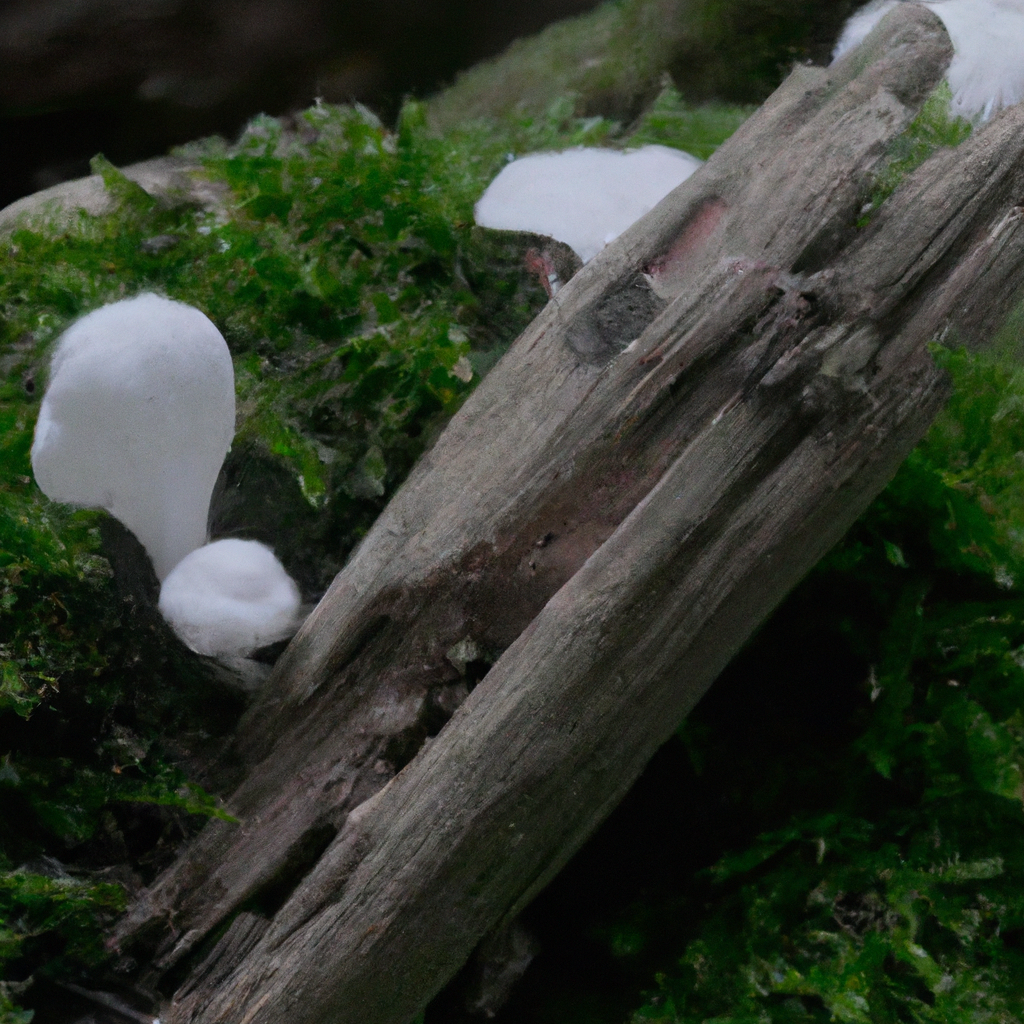Fungi are one of the most important organisms in the ecosystem, playing a crucial role in nutrient cycling and decomposition. Fungi are a diverse group of organisms, ranging from single-celled yeasts to complex multi-cellular organisms like mushrooms and truffles. They are found in almost every habitat on earth, from the depths of the ocean to the tops of mountains, and play a vital role in maintaining the balance of ecosystems.
Decomposition
One of the primary roles of fungi in the ecosystem is decomposition. Fungi are responsible for breaking down dead organic matter, such as leaves, wood, and animal carcasses, into simpler compounds that can be used by other organisms. This process is crucial for nutrient cycling, as it releases essential nutrients back into the soil, where they can be taken up by plants and other organisms. Without fungi, dead organic matter would accumulate, and nutrients would be locked up, making it difficult for other organisms to survive.
Nutrient Cycling
Fungi also play a critical role in nutrient cycling. Fungi are excellent at breaking down complex organic compounds, such as lignin and cellulose, which are difficult for other organisms to digest. As a result, fungi are often the first organisms to break down dead organic matter, releasing essential nutrients back into the soil. These nutrients are then taken up by plants, which are in turn eaten by herbivores, and the nutrients are passed up the food chain.
Mycorrhizae
Another essential role of fungi in the ecosystem is their relationship with plants. Many fungi form symbiotic relationships with plants, known as mycorrhizae. Mycorrhizae are networks of fungal threads that extend into the soil, wrapping around the roots of plants. These networks increase the surface area of the plant’s roots, allowing them to absorb more nutrients from the soil. In return, the plant provides the fungus with sugars, which the fungus uses for energy. This relationship is crucial for the growth and survival of many plant species, and without mycorrhizae, many plants would struggle to survive.
Fungal Biodiversity
Fungal biodiversity is also critical for maintaining the balance of ecosystems. Fungi are incredibly diverse, with an estimated 1.5 million species worldwide. Each species has evolved to fill a specific ecological niche, and together, they play a crucial role in maintaining the balance of ecosystems. For example, some fungi are specialized decomposers, breaking down specific types of organic matter, while others are specialized mycorrhizae, forming relationships with particular plant species. The loss of even a single fungal species can have cascading effects on the ecosystem, disrupting nutrient cycling and potentially leading to the extinction of other species.
Conclusion
In conclusion, fungi play a critical role in the ecosystem, from decomposition to nutrient cycling and mycorrhizal relationships with plants. Fungal biodiversity is also essential for maintaining the balance of ecosystems, and the loss of even a single species can have significant consequences. As we continue to study and understand the role of fungi in the ecosystem, it becomes increasingly clear how vital these organisms are for the health and survival of all living things.







